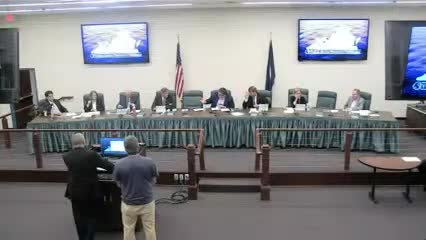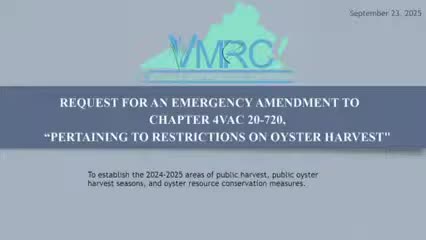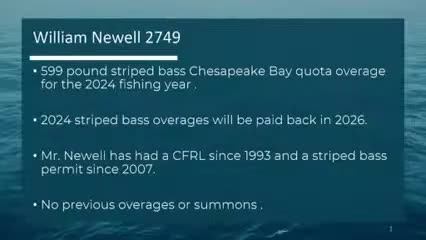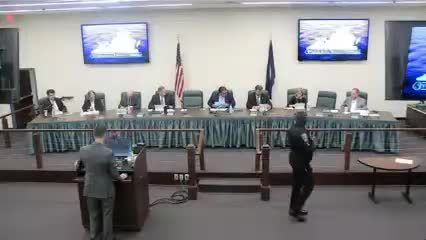Article not found
This article is no longer available. But don't worry—we've gathered other articles that discuss the same topic.

VMRC allows two shrimp gear applicants into Eastern Shore permit pool after commission motion

VMRC adopts emergency 2025–26 oyster season; approves mechanically assisted hand tongs for clean‑cockle harvest

VMRC grants Captain William Newell relief: 599‑lb striped bass overage deducted from next season; 2‑year probation imposed

